El Usman Faroqhi
Here and a Yonder:
On Finding Poise in Disorientation
Exhibition 14.09.–21.10.2017 Thu–Sun 14:00–19:00
With Candice Breitz, Ariani Darmawan, Fehras Publishing Practices, Shilpa Gupta, Samson Kambalu, Olaf Nicolai, Ho Tzu Nyen, Michael Zheng & performance collaborator Johanna Thompson
Opening 13.09.2107 18:00
with performance by Michael Zheng in collaboration with Johanna Thompson
Curation Bonaventure S. B. Ndikung, Antonia Alampi
Project Manager Lema Sikod
Curatorial Assistance Cornelia Knoll
Research Assistance Gwen Mitchell
Fee Suggested donation 3€/5€
Any real change implies the breakup of the world as one has always known it, the loss of all that gave one an identity, the end of safety. And at such a moment, unable to see and not daring to imagine what the future will now bring forth, one clings to what one knew; to what one possessed or dreamed that one possessed. Yet, it is only when a man is able, without bitterness or self-pity, to surrender a dream he has long cherished or a privilege he has long possessed that he is set free–he has set himself free–for higher dreams, for greater privileges.
It is said that there is much in a name.
That there is much in naming.
If we were to leave the historical and religious etymologies and connotations aside, names still tend to carry their weight in gold, as they open and close doors within certain societies. In recent years, there has been much outcry about selectivity for example for job interviews and otherwise, based rather on the names applicants bear, than their competencies. In her 2015 NY Times articleAppreciate the History of Names to Root out Stigma, Morgan Jerkins elaborates on the discrimination tendencies in hiring in the USA, whereby résumés with names that sounded African-American were 50 percent less likely to be invited for job interviews than identical résumés carrying names that sound like “white names.” Essentially, it is a narrative about racialization through naming, whereby “unusually” sounding names lead to bias. Interestingly, it seems as if names do not only reveal race, but also betray class, and of course gender. This phenomenon is everything but new, as people have always been profiled as ‘the other’ whenever they bore the names Mohammed, Shaniq, Shimon, or otherwise.
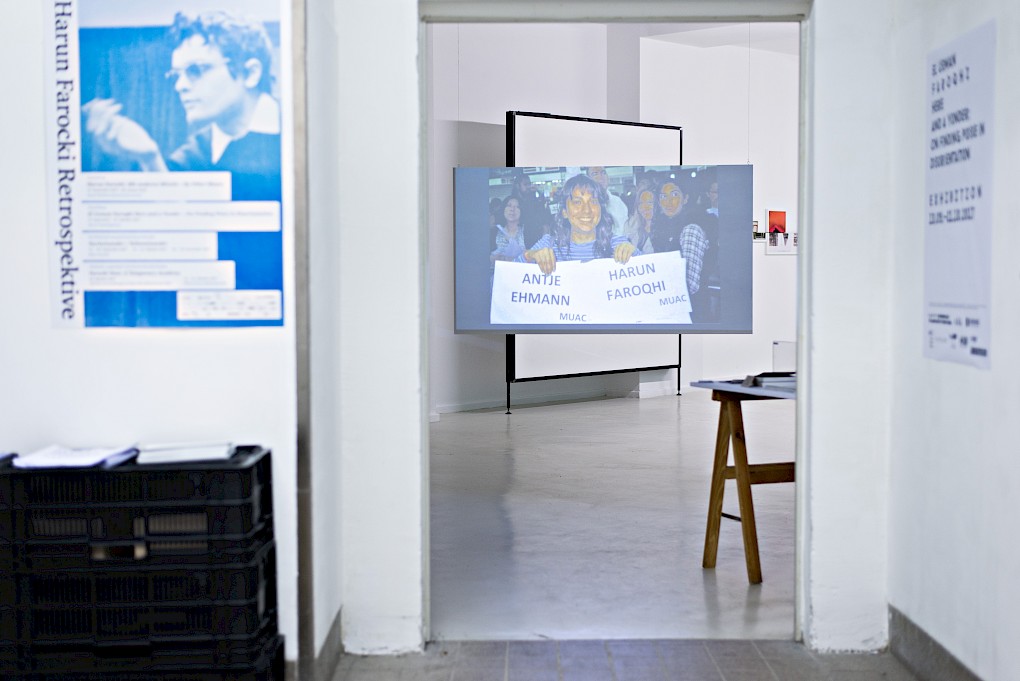
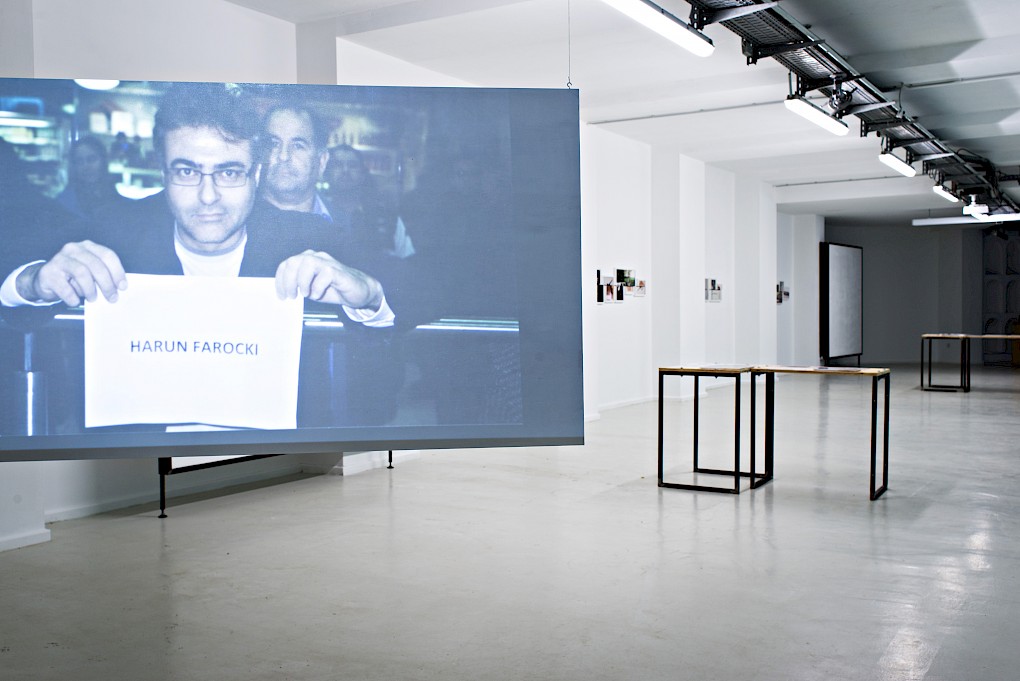
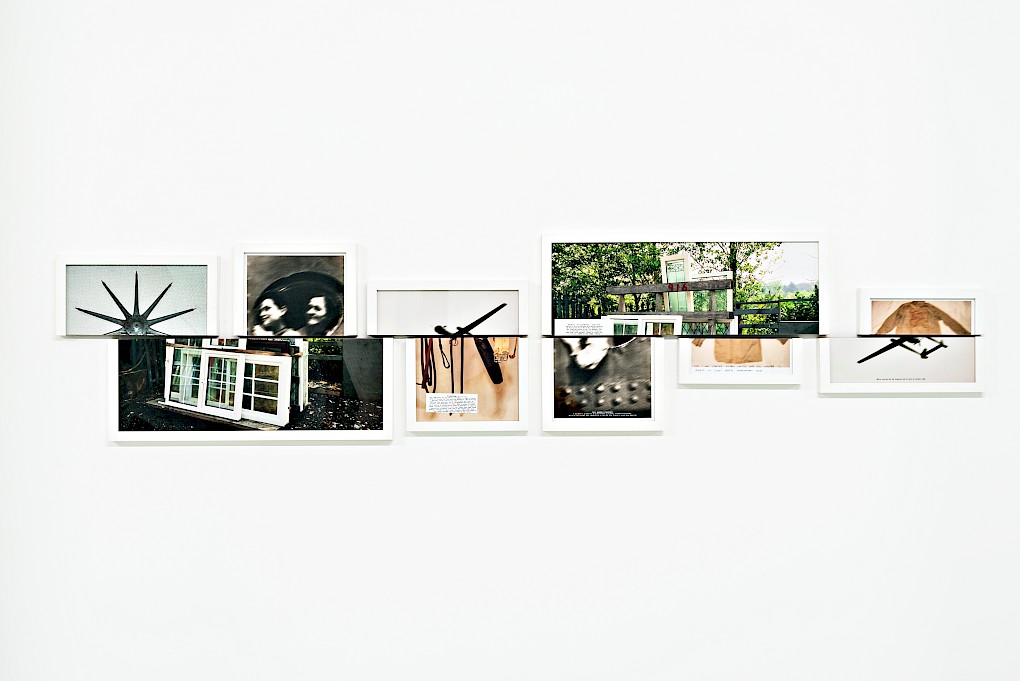
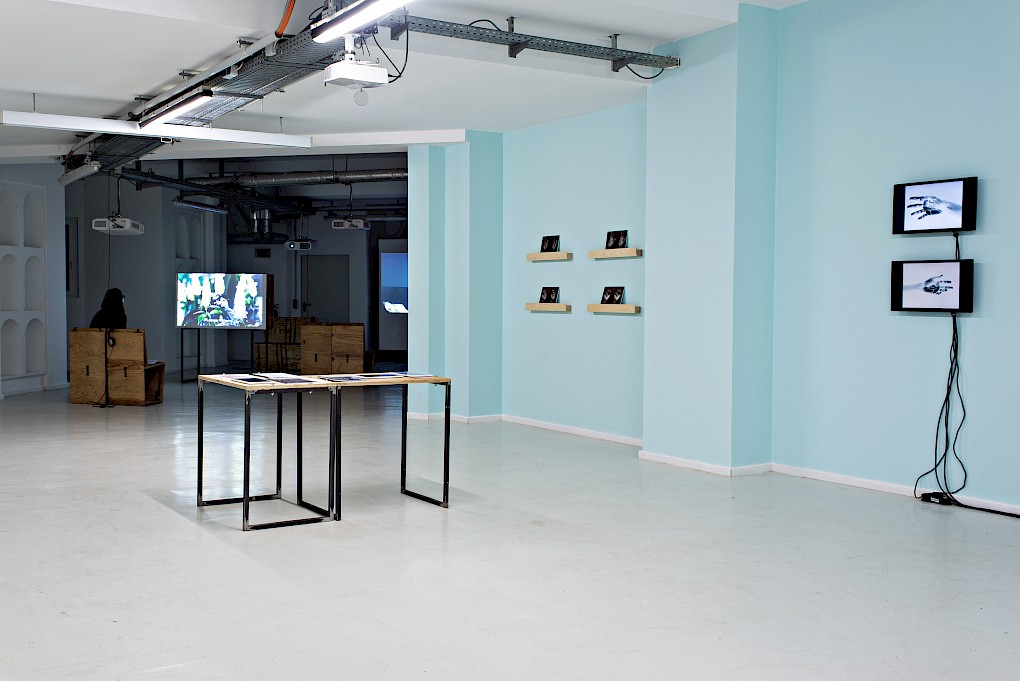
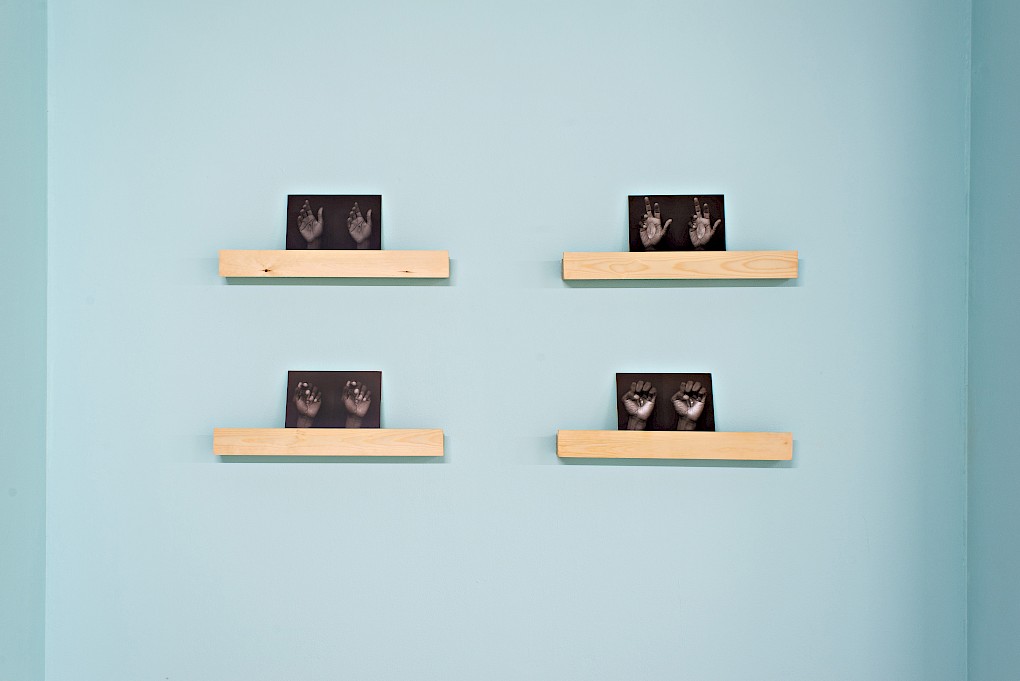
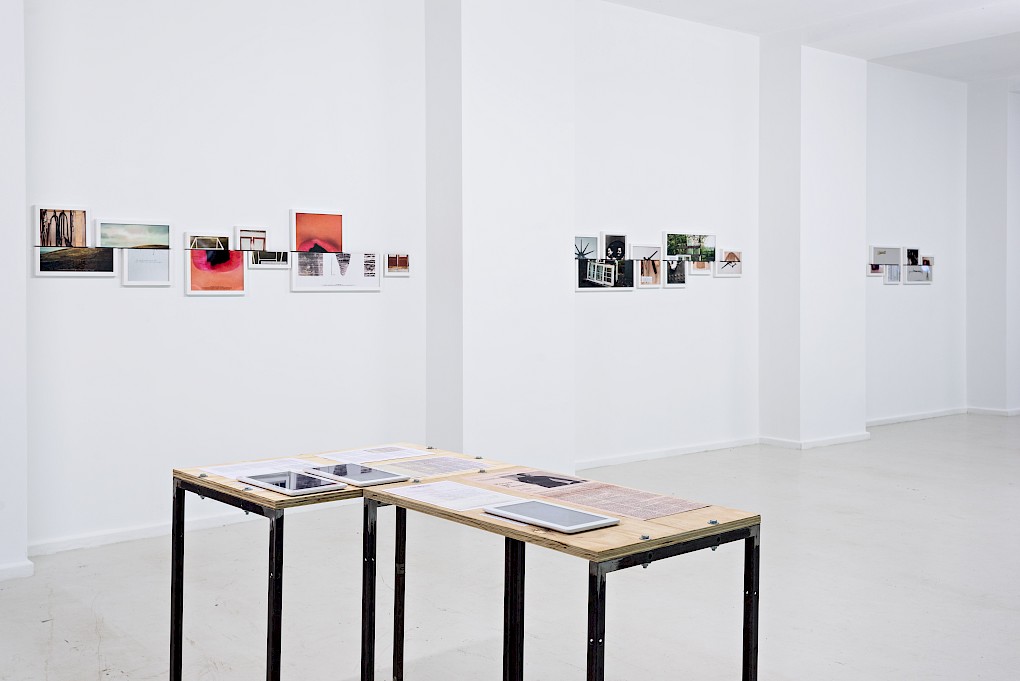
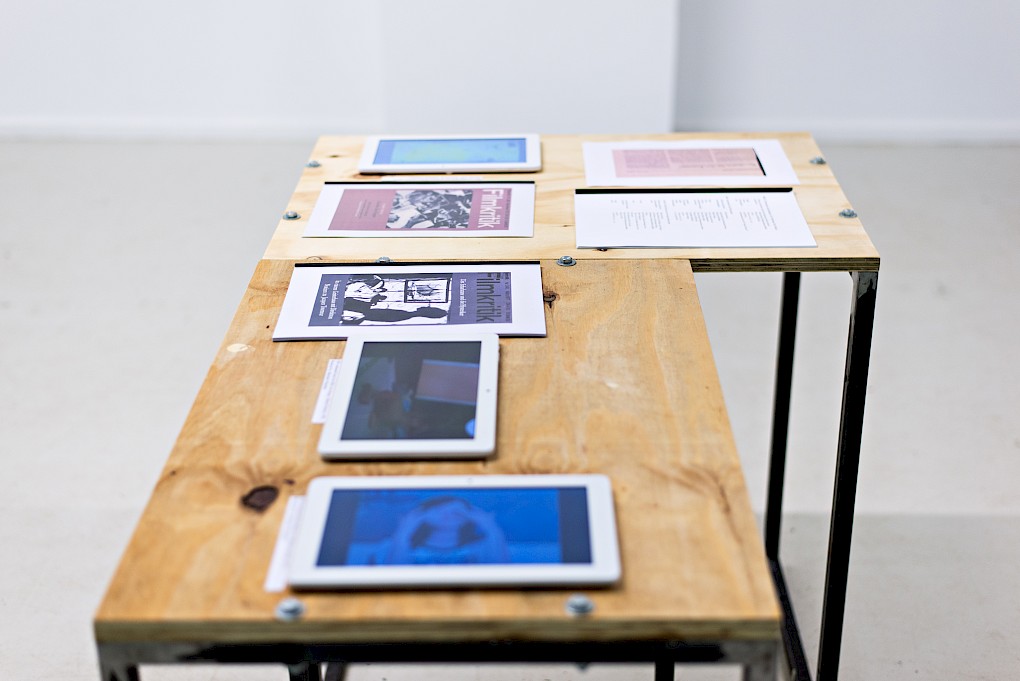
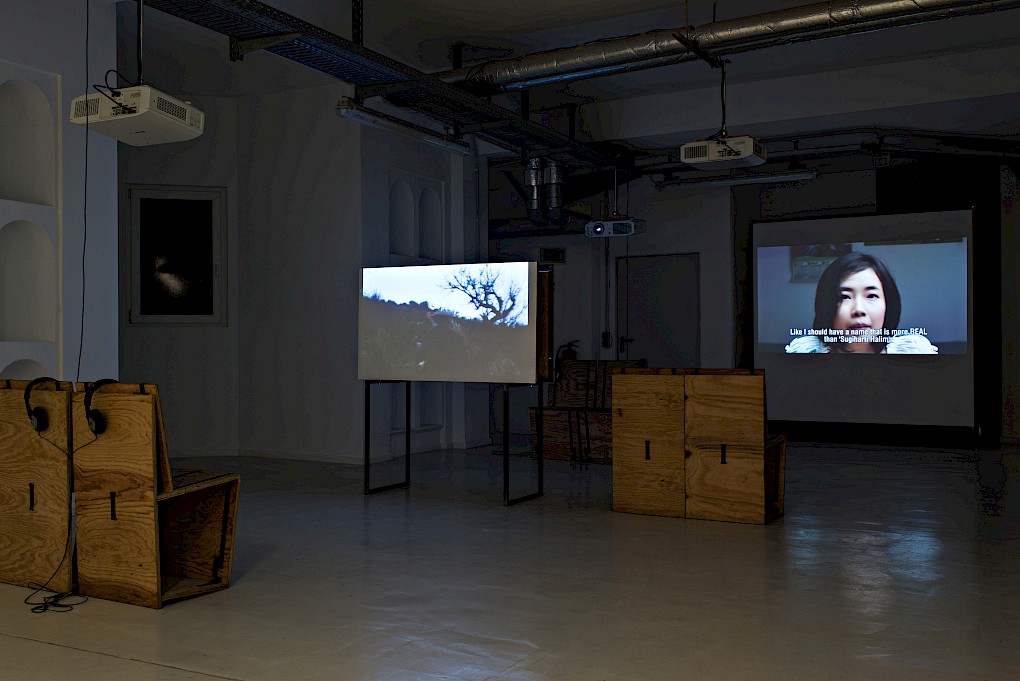
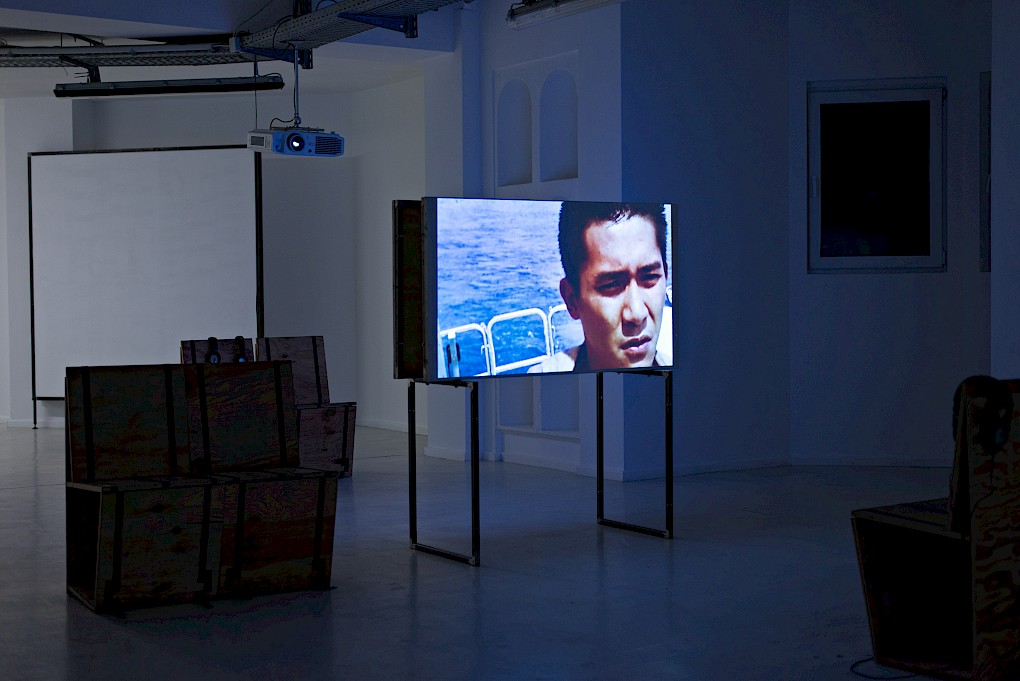
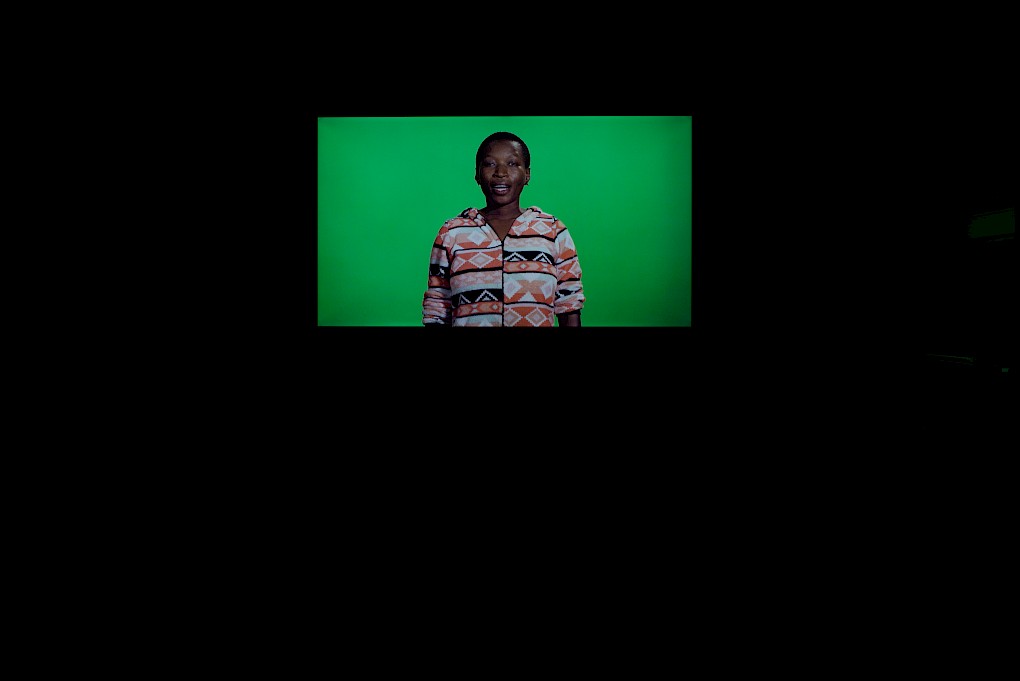
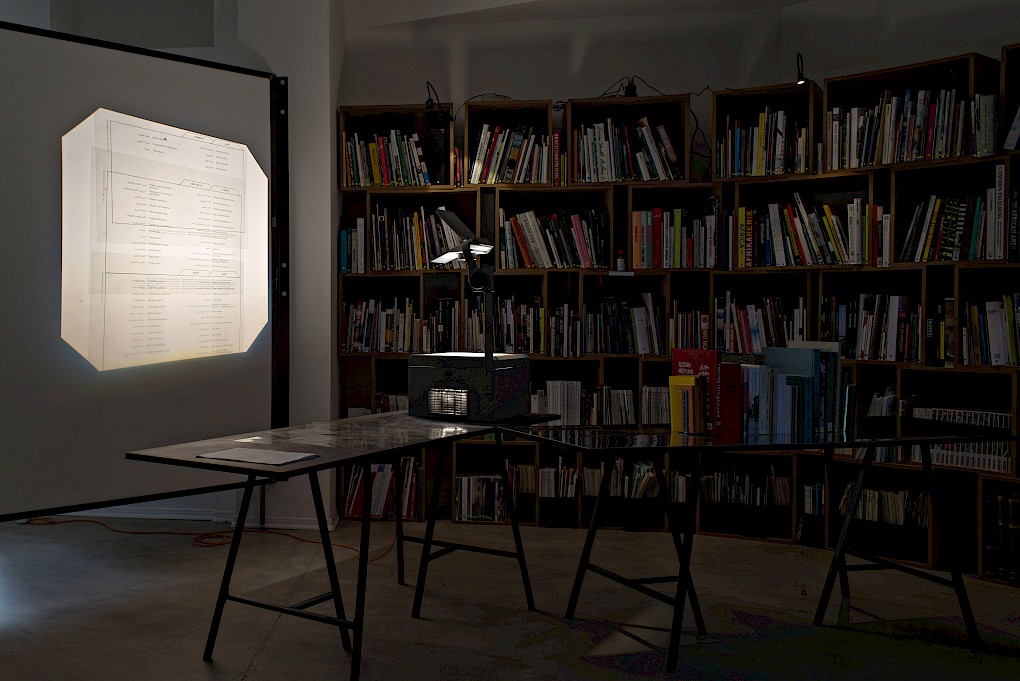
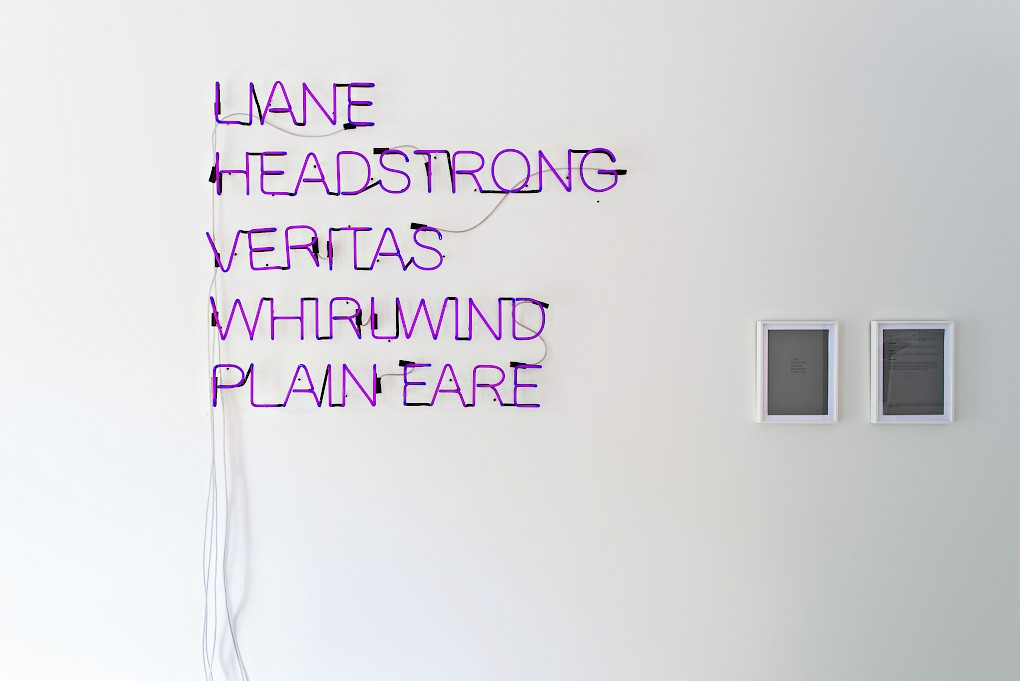
It is said that there is much in a name.
That there is much in naming.
Harun Farocki (1944–2014) is indisputably until this date one of Germany’s most important filmmakers and artists. Is because while he passed on and his body is no longer with us, his spirit and his works are still very much alive and preoccupy us in thought and did. Thank heavens one can’t reduce “sein/being” to the presence or absence of bodies.
At some point in his remarkable being and career as an artist, writer, scholar, and intellectual, Harun Farocki, who was born in Neutitschein (German-annexed Czechoslovakia) and grew up in India, Indonesia and Germany, did a slight surgical operation in an effort to simplify his name. Born Harun El Usman Faroqhi, he dropped off the middle names and modified his last name in what might be considered a germanization of the name using a “ck” instead of a “qh” common in the German language.
The reasons for this change might have been manifold, including just making appellation easier or an effort to adapt, integrate and conform. Maybe he changed the name to avoid being classified the “other” within a society in which “othering” is cultivated. Maybe he changed the name to avoid being exoticized or to avoid that his person and work are seen only through a certain prism. Maybe to enjoy certain political and social amenities, while avoiding other restraints. Maybe just for aesthetic reasons. Whatever the particular reason was seems irrelevant at the moment… of importance is to deliberate on names, naming and re-naming as philosophical, as well as socio-political tools and acts.
The project El Usman Faroqhi Here and a Yonder: On Finding Poise in Disorientation is a research exhibition bySAVVY Contemporary in the framework of the Harun Farocki Retrospective in 2017. The project zooms into a detail in Farocki’s life and practice, one that may be considered a minor aspect but that plays a crucial philosophical, social and political role. One that, inspired by Harun’s own work, leads towards unexpected new relevant narratives.
The project takes Farocki as a point of departure to reflect on wider issues of nomenclature that go beyond geographical and temporal frames. For it, artists, filmmakers and intellectuals from here and from a yonder ruminate on naming as philosophy, mnemonic tool, as disorientation, on re-naming and its political and social implications. They address the performativity of language, naming and its role in warfare and in pornography. They revisit, question or challenge Farocki's positions and offer new ways of seeing, and experiencing, his oeuvre.
The Harun Farocki Retrospective is organized by Neuer Berliner Kunstverein (n.b.k.) in cooperation with Arsenal – Institute for Film and Video Art, the Harun Farocki Institute, Harun Farocki GbR, Silent Green Kulturquartier and SAVVY Contemporary
Funding Senatsverwaltung für Kultur und Europa
Media partners taz and Cargo
A special thank you to Antje Ehmann for her advice and support
